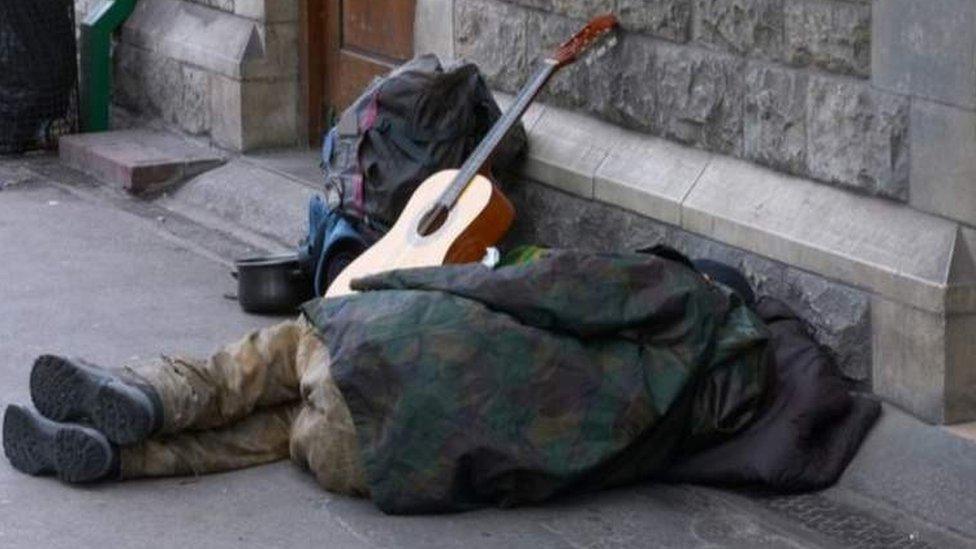Coronavirus a blessing in disguise, homeless people say
- Published
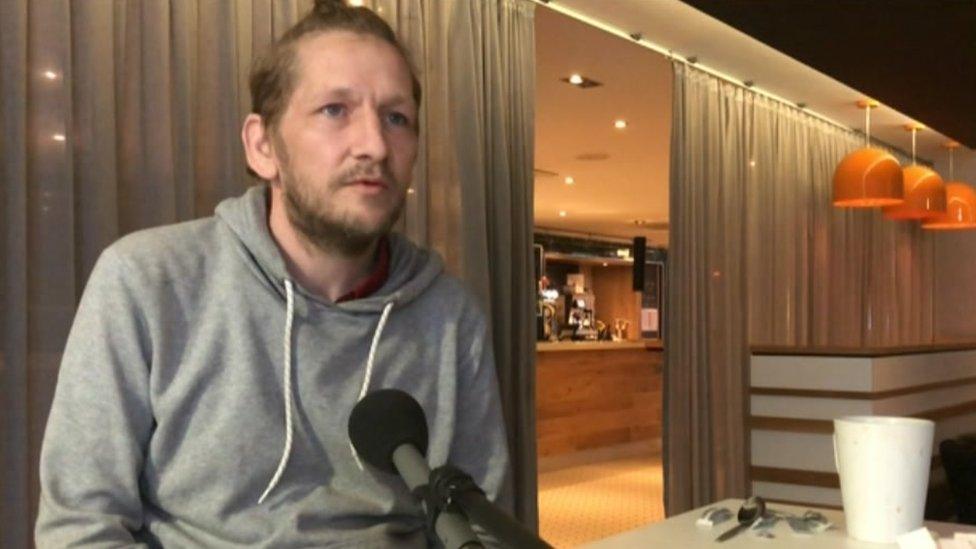
Danny said he had "got loads of support" while being at a Birmingham hotel
The coronavirus pandemic has been described as a "blessing in disguise" by some homeless people who are now being housed.
Rough sleepers in the West Midlands said being put up in hotels during the height of the lockdown had enabled them to make long-term changes.
Local authorities have found permanent homes for many individuals affected.
"It makes you wonder why they couldn't before," said Danny, who has lived on Birmingham's streets for six years.
Local authorities in England began moving rough sleepers into emergency accommodation such as hotels in March when councils were given £3.2m in government funding.
More than 14,000 people have been helped through the scheme but, with contracts due to end this month, the charity Crisis has warned those who have been helped could return to the streets.
Earlier this week the BBC reported thousands of those offered emergency accommodation under the scheme were still in hotels and B&Bs that could be weeks away from reopening to paying customers.
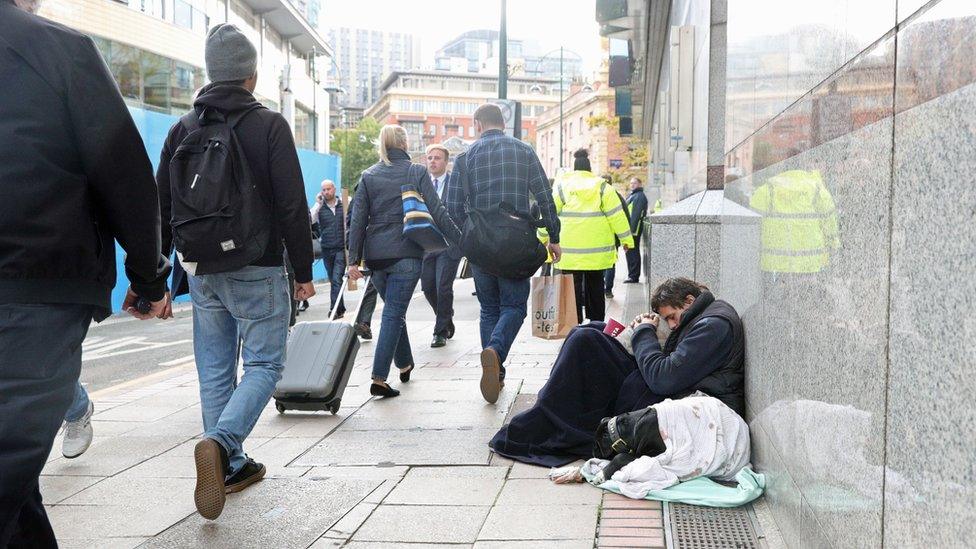
Homelessness has been highlighted as a problem in Birmingham in recent years
Danny signed up to stay in a hotel in Birmingham when given the option in March.
He had been living in a hostel where he admitted it was difficult for him to keep clean from drugs.
"I haven't got a lot of will power so it's not easy for me to be in those places," he said.
"It's something nice for a change, no-one usually gives us nice stuff.
"We're being fed, it's clean, no-one has caught the virus since we've been here."
Those staying at the hotel have also been offered counselling support over the phone.
"I can call someone now at three in the morning if I feel like using or doing something I shouldn't, and talk about it... I've got loads of support," Danny said.
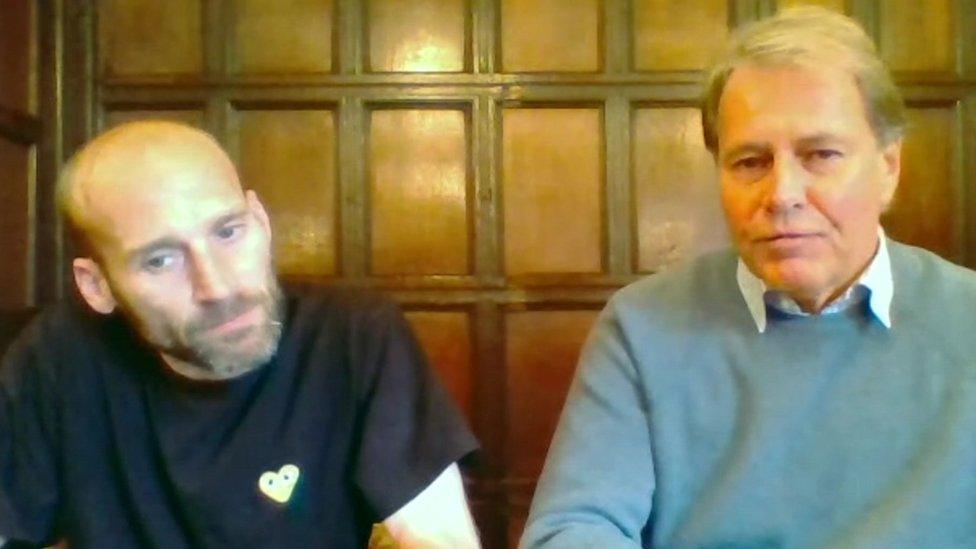
Mike Matthews said he had seen changes in the homeless guests he put up at his hotel
Hotel owner Mike Matthews, who runs The Prince Rupert in Shrewsbury, said he had seen big changes in the homeless guests he had housed.
"Being cared for and looked after has built their self-confidence and self-worth," Mr Matthews said.
"We've been up in the middle of the night listening to them and just having someone to talk to has made a huge difference."
Emily Bell, of charity The Shropshire Ark, which moved into The Prince Rupert to help rough sleepers, said outcomes had been "impressive" because homeless people felt safe enough in the hotels to properly sign up for support.
"Immediate concerns they usually have about being attacked or where their next meal is coming from has been taken away," she said.
Sulaiman Kamara agreed. He had been on the streets of Birmingham on-and-off for about two years and said "rest, food, sleep and basic things like having a TV to watch" had helped restore his self-strength.
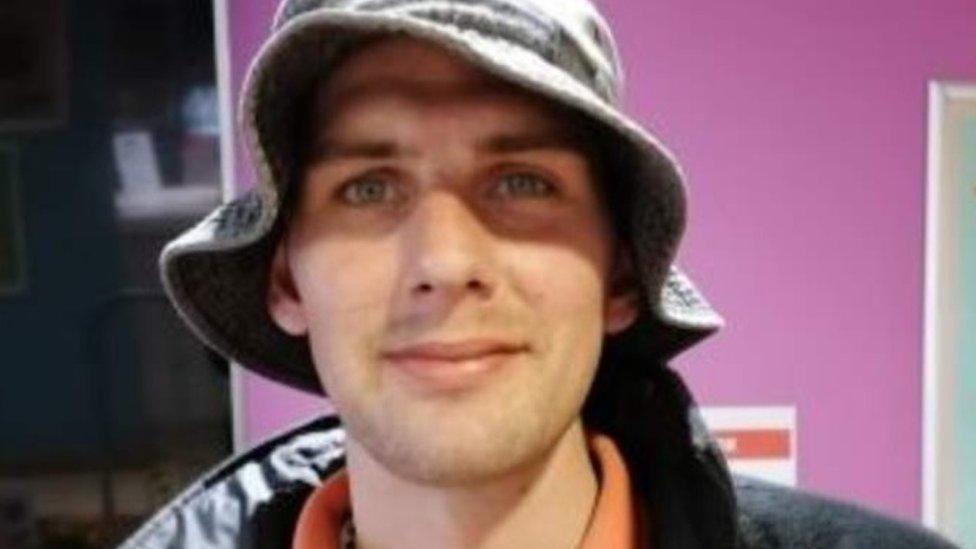
Daniel Blackhouse has signed up to a substance misuse treatment programme in Wolverhampton
Local authorities in Wolverhampton, Coventry, Worcester, Stafford and Stoke-on-Trent have all reported similar outcomes for former rough sleepers during the coronavirus lockdown.
Daniel Blackhouse said he was "empowered" to sign up for a substance misuse treatment programme following his hotel stay in Wolverhampton.
"Things are falling into place for me," he said.
Wolverhampton City Council said it was conducting a consultation over how it could help many former "entrenched" rough sleepers access support.
"Lessons learnt from this experience will play a major part in how we shape this service going forward," council leader Ian Brookfield said, recognising "the major benefit has been having all the partner agencies working closely together at one location".
The benefits have been felt by Mr Kamara, who said he had secured a bungalow to move into.
"It's a big thing when a man has the key to his own door," he said.
"This Covid thing has been a blessing in disguise."
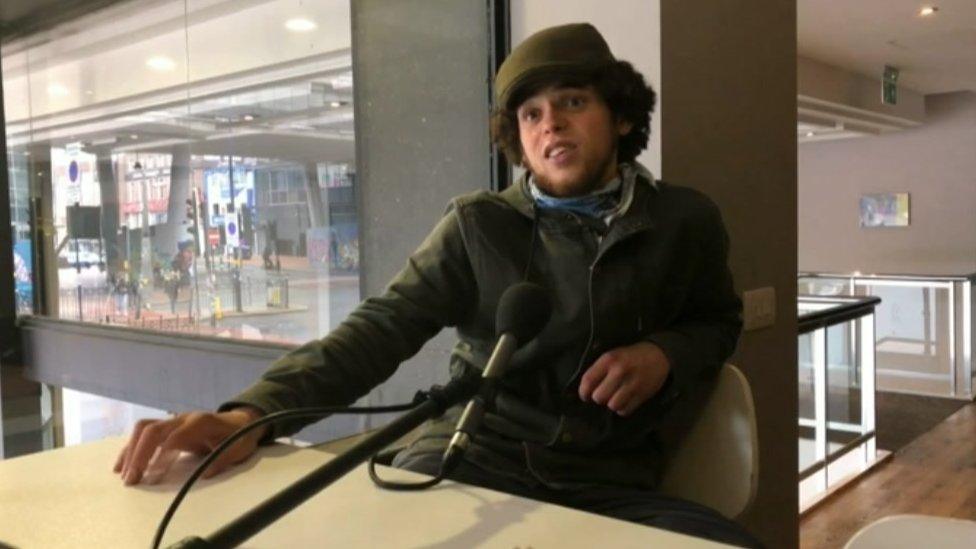
Sulaiman Kamara said his hotel stay had helped restore his "self-strength"
Danny, who will be moving into a one-bedroom flat soon, agreed.
"It's the best thing that could have happened for me," he said.
"It makes me wonder why we couldn't get this kind of support before."
The "staggering efforts" of local authorities, hotels and charities have led to these "excellent examples", the Ministry of Housing, Communities and Local Government said.
It added its new rough sleeper taskforce, external was aimed at ensuring no-one had to return to sleeping on the streets.
When Crisis highlighted the risk of those who had been helped returning to the streets when funding ran out, it also called the actions of the past few months "extraordinary" and said the scheme "demonstrated that when the political will is there it is possible to end homelessness".
*Additional reporting by Kathryn Stanczyszyn
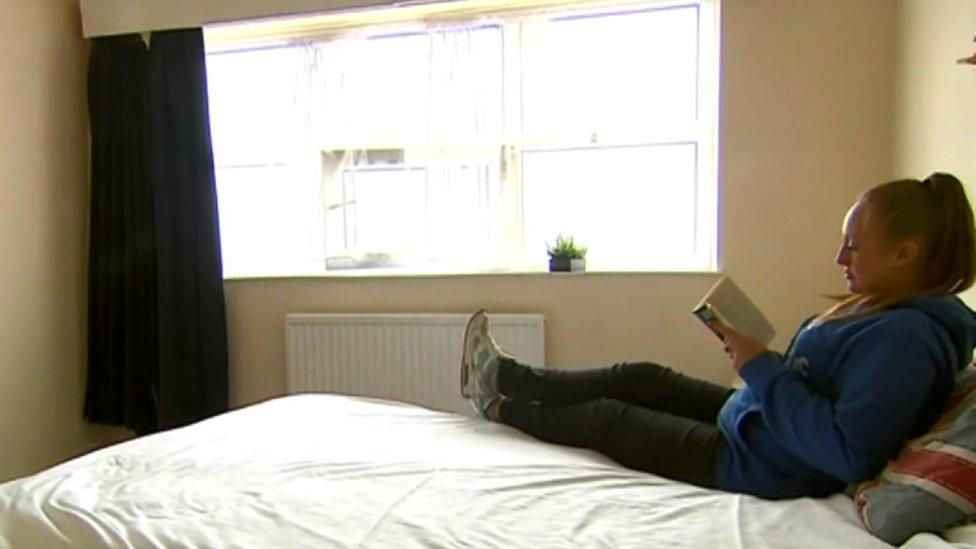
Former homeless people say the hotel experience has helped them to change

Follow BBC West Midlands on Facebook, external, Twitter, external and Instagram, external. Send your story ideas to: newsonline.westmidlands@bbc.co.uk , external
- Published10 June 2020
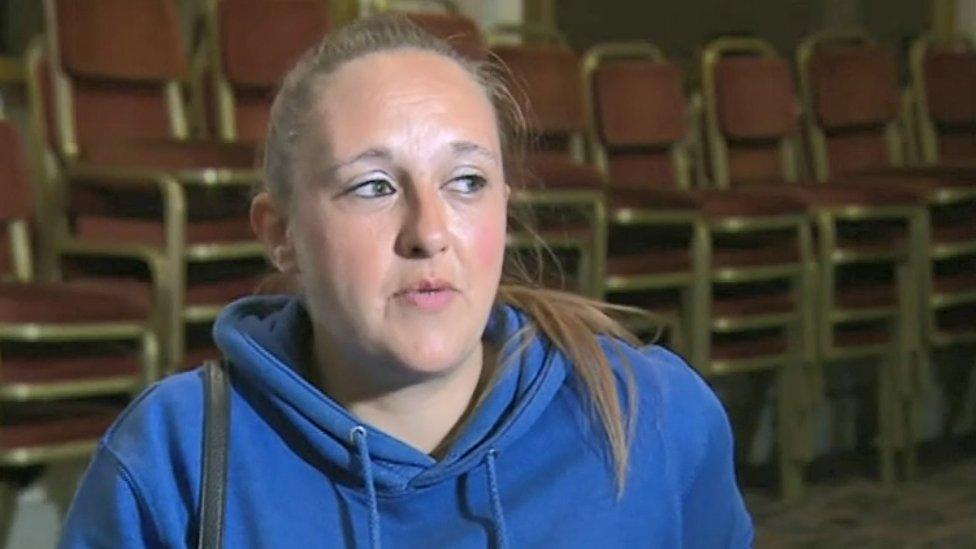
- Published8 June 2020
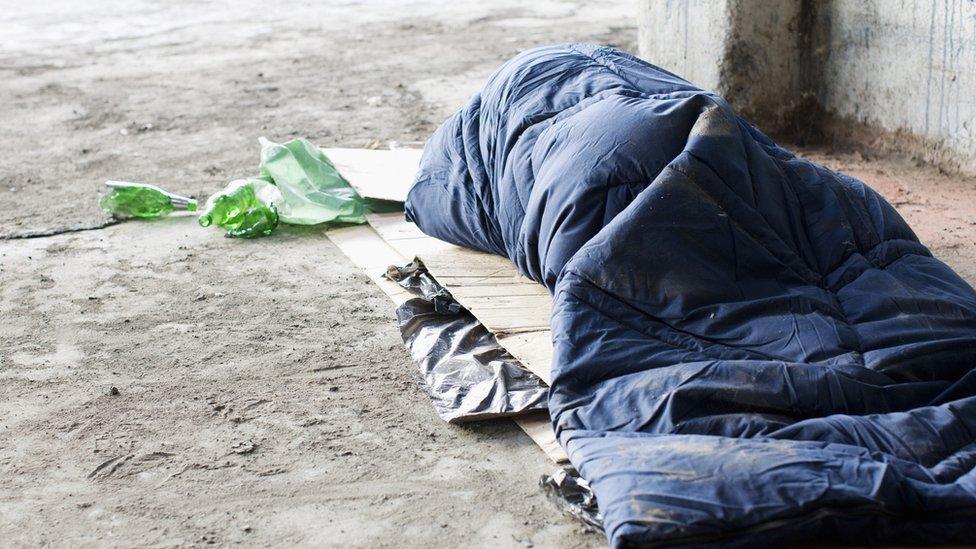
- Published5 June 2020
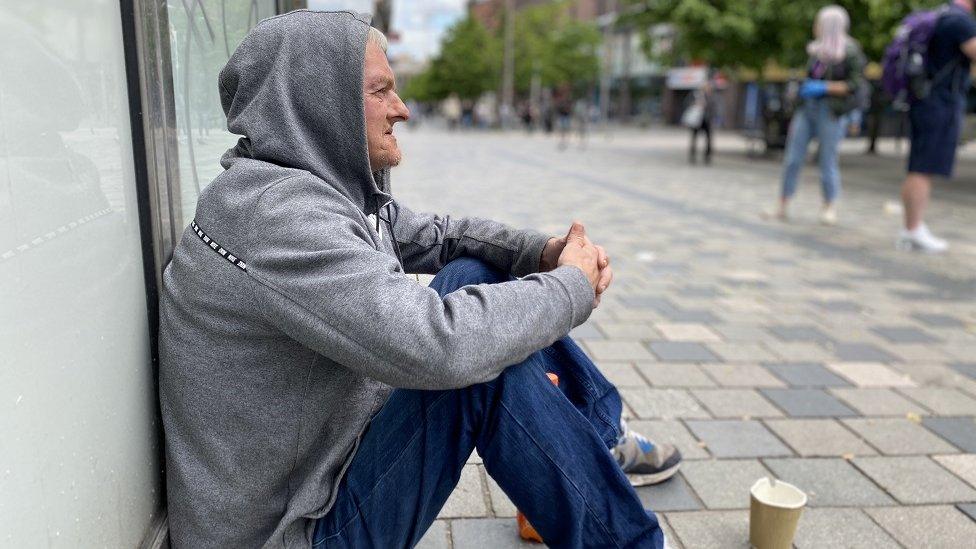
- Published4 June 2020
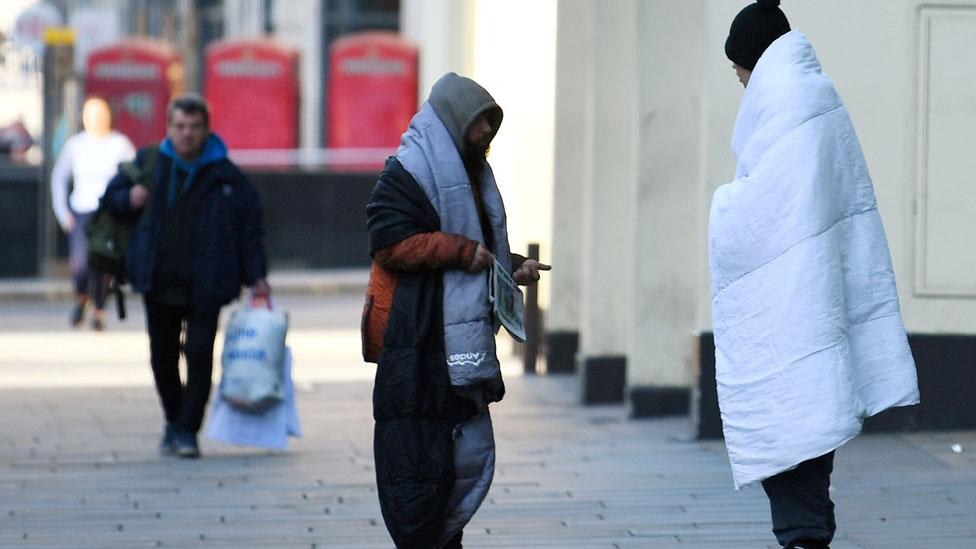
- Published22 May 2020
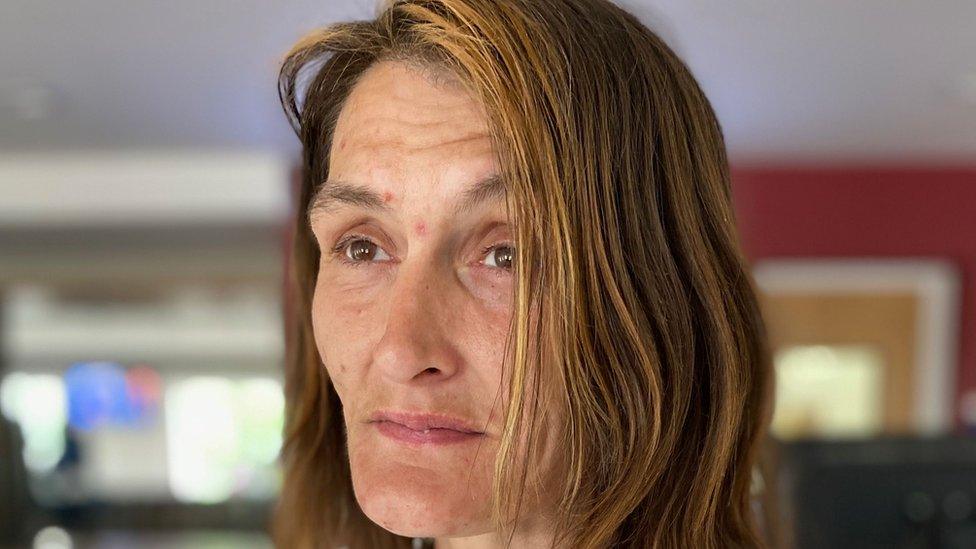
- Published16 May 2020

- Published29 April 2020

- Published15 April 2020
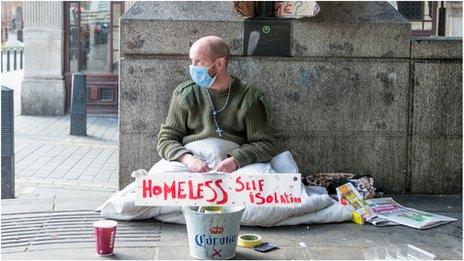
- Published27 March 2020
